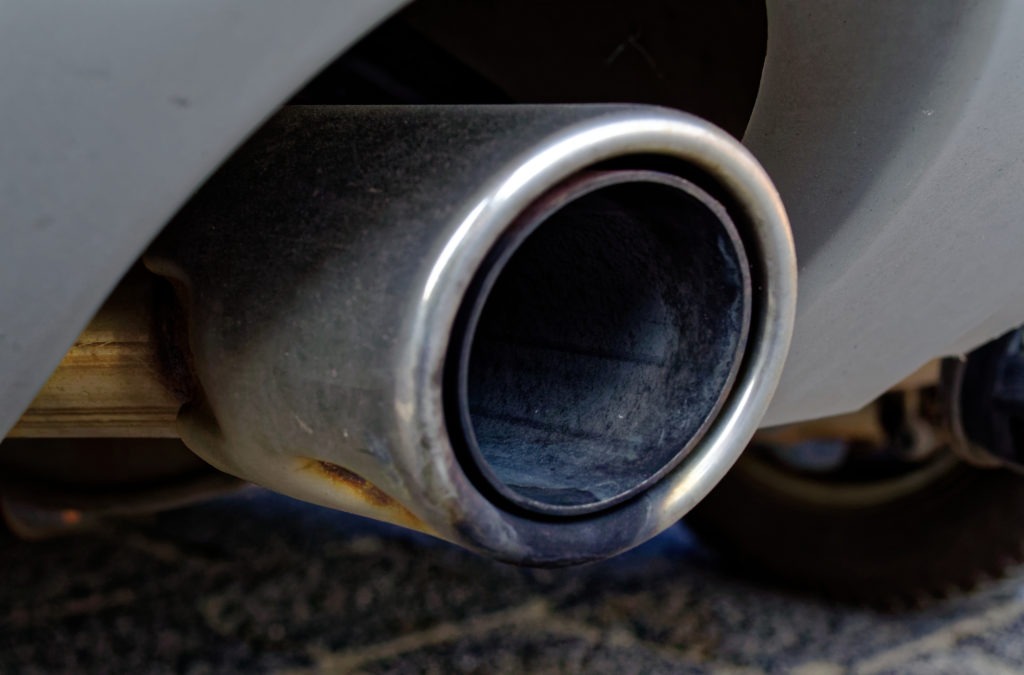Bring forward petrol and diesel ban urges new report
08 May 2019

8 May 2019
The UK Government has been advised to bring forward its ban on the sale of petrol and diesel cars to 2030 in a new committee report.
The move would be part of an ambitious proposal to reduce Britain’s greenhouse gas emissions to zero by 2050 across a range of different industries. Such a plan would see dealers selling only electric vehicles (EV), both in the passenger car and commercial vehicle markets, in just 11 years.
Net Zero: The UK’s contribution to stopping global warming, identifies 2035 as the best target for such a ban but believes that date of five years earlier would allow the 2050 deadline to be met more efficiently.
′By 2035 at the latest, all new cars and vans should be electric (or use a low carbon alternative such as hydrogen),’ the paper states. ′If possible, an earlier switchover (e.g. 2030) would be desirable, reducing costs for motorists and improving air quality. This could help position the UK to take advantage of shifts in global markets. The Government must continue to support the strengthening of the charging infrastructure, including for drivers without access to off-street parking.’
The report acknowledges the difficulties the country would face with charging infrastructure. It says the UK would require 3,500 rapid and ultra-rapid chargers near motorways to enable long journeys and 210,000 public chargers in towns and cities. Today, in total, there are 21,000 public chargers of all speeds.
Increased demand needed
Existing environmental policy has already reduced greenhouse gas emissions by 40% since 1990, but emissions from transport have increased by 6% since 2013 and are now 4% higher than in 1990. Although vehicles have become more fuel efficient, this has been offset by increasing travel demand.
The latest registration figures from the SMMT suggest that sales of fully electric cars only account for around 0.9% of the market.
Lord Deben, chairman of the Committee on Climate Change, said: ′We can all see that the climate is changing and it needs a serious response. The great news is that it is not only possible for the UK to play its full part – we explain how in our new report – but it can be done within the cost envelope that Parliament has already accepted.
′The Government should accept the recommendations and set about making the changes needed to deliver them without delay.’
The Committee on Climate Change’s ambition is for all cars and vans on the road to be electric by 2050, leaving aviation and agriculture as the highest emitting sectors.
According to the Committee on Climate Change, a shift to electric cars in the shorter term will save the country around £1 billion (€1.1 billion) per year by the early 2020s.
Hydrogen future
The paper also calls for the introduction of a hydrogen infrastructure, especially for long-distance logistics services that may struggle to switch to electric technology.
′HGVs are harder to decarbonise,’ the report says. ′Our new research suggests that it is possible to get to very-low emissions by 2050 by switching most of these vehicles to hydrogen power or electrification. A hydrogen-based switchover would require 800 refuelling stations to be built by 2050 and electrification would need 90,000 depot-based chargers for overnight charging.’
Urban agreement
′This advice is unequivocal: achieving net zero carbon emissions by the middle of the century is possible and affordable, but national policies must be ramped up to make this target credible, said Jonathan Bray, Director of the Urban Transport Group.
′Nowhere is this more apparent than in the transport sector – the single biggest contributor of UK greenhouse gases. The Committee has set out a clear route map for how to tackle transport emissions, from stronger ambition on electric cars and vans, further encouragement of walking, cycling and public transport to avoid car dependency, and a rolling programme of rail electrification – measures we support.’